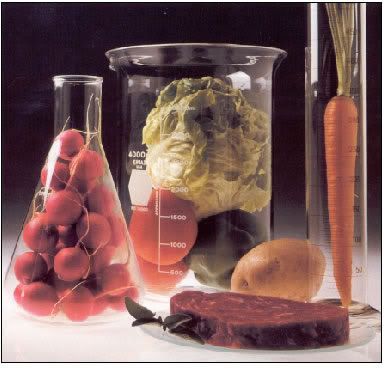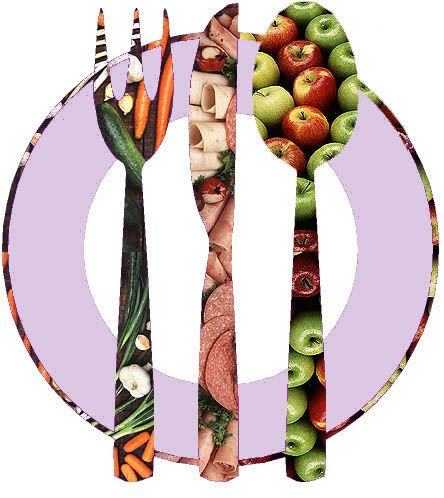Folate status during pregnancy is improved by long-term high vegetable intake compared with the average Western diet.
Title
Folate status during pregnancy in women is improved by long-term high vegetable intake compared with the average Western diet.
Source
Journal of Nutrition. 131, (3): 733-739, 2001.
Journal of Nutrition. 131, (3): 733-739, 2001.
The effect of increasing dietary folate on folate status during pregnancy is controversial. The aim of this study was to compare folate intake and folate status during pregnancy of women with high long-term vegetable intake and those eating an average Western diet. In a prospective study that included 109 participants, pregnant women adhering to a predominant vegetarian diet with high vegetable intake for 8 ± 0.5 y with subgroups of ovo-lacto vegetarians and low meat eaters and women eating an average Western diet were compared with regard to dietary intake and plasma and red blood cell (RBC) folate concentrations during wk 9–12, 20–22 and 36–38 of gestation. Plasma and RBC folate concentrations were highest in ovo-lacto vegetarians, followed by low meat eaters and lowest in the controls.
Ovo-lacto vegetarians and low meat eaters showed a lower risk for folate deficiency, with RBC folate concentrations of less than 320 nmol/L resulting in odds ratios of 0.10 and 0.52, respectively. In ovo-lacto vegetarians, the RBC folate concentration was positively related to the intake of vitamin B-12. The results of the study suggest that long-term high vegetable intake favorably affects plasma folate as well as RBC folate concentrations throughout pregnancy and reduces the risk of folate deficiency if an adequate vitamin B-12 supply is ensured.
In conclusion, the present study shows that long-term high consumption of vegetables is associated with improved folate status and therefore may reduce the risk of folate deficiency during pregnancy. This implies that a predominantly vegetarian diet consumed on a long-term basis with a high dietary folate intake can be considered a useful way to optimize folate status and to reduce, but not eliminate, the risk of folate deficiency during pregnancy. A combination of a folate-rich diet and folate supplements may be recommended as a preventive step.




0 Comments:
Post a Comment
<< Home